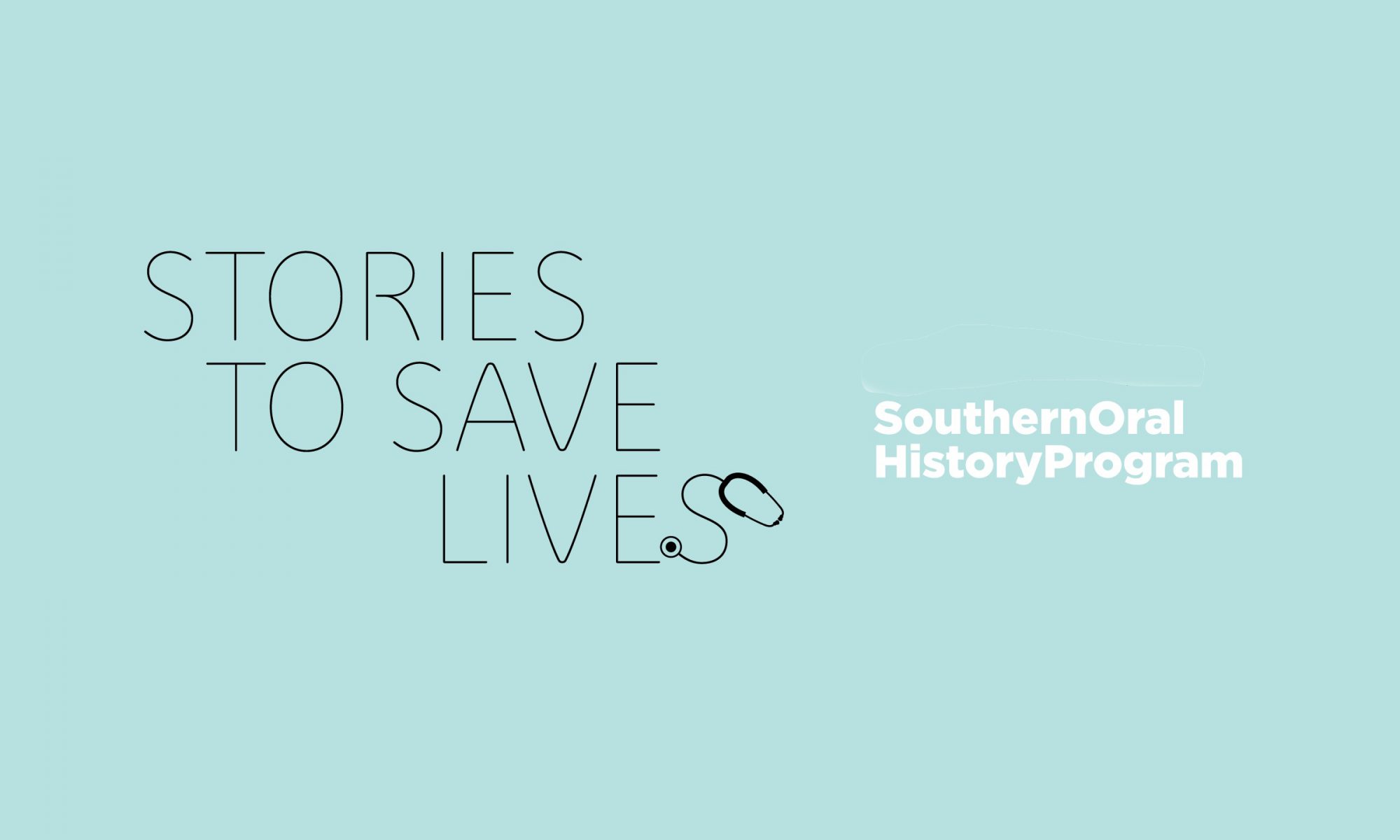Stories to Save Lives seeks to bring the powerful research methodology of oral history to bear on one of the critical issues facing our region: healthcare. Patterns of mobility and migration deeply shape North Carolina residents’ access to medical resources, their treatment at the hands of medical professionals, and their ability to engage effectively in their own health promotion. We know that health outcomes vary across the state, by race, class, gender, and region, but the quantitative measures we have cannot always explain enough about why. In order to develop more effective interventions to save and improve lives, health care professionals need the stories that people themselves have to tell. Using digital tools, we share Southerners’ personal insights about their own health and why they think health care challenges exist in their communities. We believe these voices can profoundly reshape how policy makers and healthcare professionals approach these major problems.
The Southern Oral History Program (SOHP), based at the Center for the Study of the American South at the University of North Carolina Chapel Hill, is initiating a major new research initiative on health, illness, and medical care in the South beginning in North Carolina in summer 2018. By recording and documenting oral histories with North Carolinians about their attitudes, beliefs, and thoughts about health, illness, and medical care in their own lives, in their families and in their communities, we will provide qualitative data to bridge gaps of knowledge. Our work will serve healthcare providers, community members, and academic researchers. We dare to hope that we can use history to help save the lives in our state.
